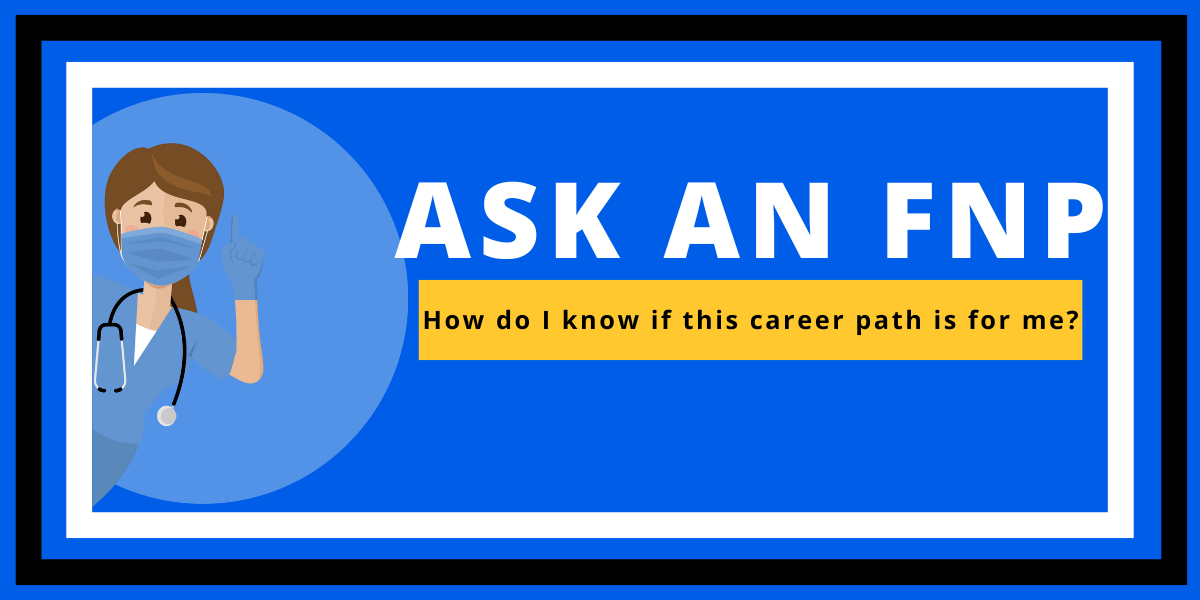Best Of
What to Expect in Your First Year as a Lawyer
The first year after law school is a significant transition. You're moving from a structured academic environment to the dynamic and often unpredictable world of legal practice. It's a challenging but incredibly rewarding time. Here's what you can expect in your first year of practice, and some tips on how to navigate it successfully.
The Learning Curve is Steep
You'll quickly realize that law school prepared you to think like a lawyer, but it didn't teach you how to be a lawyer. Your first year will be a crash course in practical skills—from drafting motions and managing client expectations to billing hours and navigating courtroom etiquette. It's okay to feel overwhelmed; everyone does. Don't be afraid to ask questions. Find a mentor, whether it's a senior associate, a partner, or a more experienced colleague. They've been where you are and can offer invaluable guidance.
Your Time is No Longer Your Own
Long hours are a reality for many new lawyers.1 You'll need to be available for clients, partners, and urgent deadlines. The work-life balance you envisioned may be more of a work-life blend in the beginning. This is especially true if you're in a big firm or a high-stakes practice area. Learn to manage your time effectively. Use a calendar to block out time for specific tasks, and don't be afraid to set boundaries where you can. Remember to take breaks to avoid burnout.
The Importance of Professional Relationships
Your first year is the time to build your network. Your relationships with colleagues, opposing counsel, judges, and court staff are just as important as your legal skills. Be professional, courteous, and respectful to everyone you interact with. Your reputation starts forming on day one.
Navigating the Emotional Roller Coaster
The first year can be an emotional journey. You'll experience highs, like winning a small motion or receiving positive feedback, and lows, such as making a mistake or facing a setback. It's important to be resilient and kind to yourself.
- Mistakes Will Happen: The key isn't to never make a mistake, but to learn from the ones you make. When you do err, own up to it, figure out how to fix it, and ensure it doesn't happen again.
- Imposter Syndrome is Real: Many new lawyers feel like they don't belong or aren't qualified. This feeling, known as imposter syndrome, is common. Remember that you earned your spot and are capable of succeeding.
Your first year of practice will be a whirlwind, but it's a foundational period that will shape the rest of your career. Embrace the challenges, celebrate the wins, and remember to take care of yourself along the way.
Re: What advice do you have for parents of high school seniors? 🎓
One of the best things our family did was to add a couple of rolling admissions colleges to the college application list.
Apply to these schools ASAP so you hear back quickly. They work on a rolling deadline and review college applications as they come in. They don't wait until one deadline. By applying early, it's easier to get into competitive majors, get housing, and receive scholarship offers.
For my child, this totally took the admissions pressure off once the first rolling admissions acceptance came in. He applied right after the first day the application period opened and had a quick win in a couple of weeks.
It might not have been the #1 school on the list…but IT WAS AN ACCEPTANCE! And that meant my child was GOING TO COLLEGE!
We had many friends who didn't do this and only applied to the University of California schools, and they had to wait months and months without the assurance that they would be headed off to college in the fall!
It's important to note that this is NOT early decision or early action. You can apply to as many rolling admissions colleges as you want. Additionally, an acceptance isn't binding.
Some of these colleges also have rolling admissions open later in the year… which is helpful if your child didn't get into their first-choice schools and is scrambling at the end of the year.
You'll be surprised to see some well-known schools that follow this admissions process:
Arizona State University
Penn State University
Michigan State University
University of Alabama
Indiana University
University of Pittsburgh
Rutgers University
University of Minnesota
Loyola University of Chicago
Iowa State University
PLUS there are tons more…
This is a great database for finding these rolling admissions schools.
Ask an FNP: Is becoming an FNP for me?
Becoming a Family Nurse Practitioner is a big career move that requires careful consideration and planning. As a practicing FNP, I was in the same boat many years ago, wondering if it was the right path for me. Here are a few things to initially consider, and that I’ve learned along the way:
- Education time: To become an FNP, you'll need to complete a Master of Science in Nursing (MSN) or Doctor of Nursing Practice (DNP) degree with an FNP specialization. This typically involves 2-4 years of full-time study post-BSN. Keep in mind that you’ll also have to complete clinical hours and rotations on top of coursework. FNP programs are tough, especially if you are working while in school, so time management and support systems are important.
- Network: Expand your nursing network to include FNPs before beginning school. Many FNP schools require you to secure your own preceptor, so get a head start.
- Interests: Ask yourself where your interests lie. Are you interested in primary care or a specific specialty like urology or oncology? Also, think about your nursing specialty now and if you enjoy it. This can help guide you as to whether to pursue an FNP or another advanced nursing degree.
- Patient population: What’s great about being an FNP is that we have a broad scope of practice, focusing on primary care from children to adults across the lifespan. If you prefer to work only with children or only older adults, then I would consider another NP certification or advanced degree.
- Setting: FNPs typically work in primary care offices and other outpatient settings, like urgent care, community health centers, and even some specialty offices. If you would like to work in an inpatient setting, then FNP is likely not for you.
- Autonomy: You’ll have a lot of autonomy, but that comes with a lot of responsibility. So, working closely and collaborating with other providers is key.
- Lifelong learning: Just like in bedside nursing, there are always updates to evidence-based practices and processes. Staying current on best practices means you're giving your patients the safest, most effective care. Also, you’ll need continuing education credits to renew your certification and license.
Ultimately, I chose to become an FNP because I like the autonomy and flexibility. I enjoy building relationships with my patients and their families while providing the best care possible.
If you’re an FNP or in school now, what made you decide to pursue this role? Feel free to share your advice and other resources below!
Re: 👋 Ever Wondered What a Property Manager Does? Let's Dive In!
Kudos to those who manage, but I see that as a very stressful kind of job. It's a job where you live, and its a job you have to be available almost 24/7. It's too much. I could barely manage my own property. I sure will take these five responsibilities and adapt them to my own property and see how I can go about that.☺️


